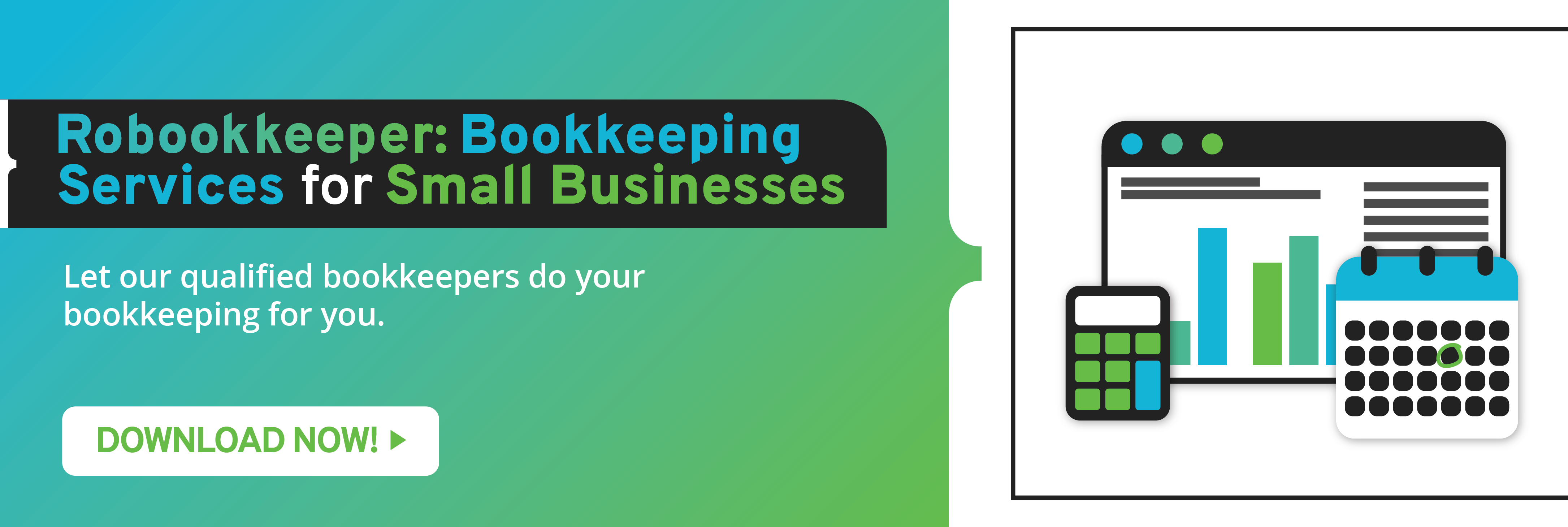As an entrepreneur you need to manage your business’ resources effectively. Effective money management provides your growing company with the financial flexibility it needs to balance short-term and long-term objectives. It also enables you to keep your cash flow positive. Doing so provides you with more than enough financing to pursue growth opportunities that come your way. A budget is one thing you should create and follow to maximise the resources your company has.
The following tips allow you to create a business budget that provides you with financial flexibility.
Review Your Sources of Revenue
The first step to take when you create a business budget is to review all your sources of income. This allows you to determine the revenue your company generates daily, weekly, monthly, and annually. A granular approach provides you with insights on the seasonality and consistency of some of your sources of income. These sets of historical data enable you to project future income and help you create a budget. You will be able to adjust and allocate your funds effectively.
Deduct Fixed and Variable Costs
When you create a budget, deduct variable and fixed costs. Your fixed costs may include office space rent, employee salaries, property taxes, and others. These stay the same on a regular basis whether it’s daily or monthly. Get the total of your fixed costs and deduct it from your income. Doing so allows you to create a budget.
Variable costs rise or fall depending on the context of your operations. Your employees might need to add more work hours depending on a project. You might also hire outsourced employees to fill talent gaps during business peak seasons. Look for seasonal patterns to project future variable business spending. You also need to deduct your variable costs from your income. Factor this in when your team decides on a budget. Identifying and projecting both fixed and variable costs enable you to manage your cash flow effectively.
Create an Emergency Fund
Every business needs an emergency fund whenever they experience lean months, need immediate funding for repairs or replacements, or unexpected events such as a pandemic or natural disasters. Include your contingency plan whenever you create a business budget. Doing so provides you with extra cash for emergencies.
Make a Profit Forecast
Create a profit forecast by getting the total of your projected revenue and projected expenses for each month. The length of the projection will depend on your needs. It could be just for three months or six months or longer. Deduct the total expenses from the revenue to get your projected profit. The projection you get allows you to allocate resources based on your budget. This enables you to maintain cash flow and adjust if necessary.
Decide on a Budget
After including in the abovementioned factors, decide on a budget. The number should reflect your company’s expenses and projected profit. The amount will be bigger or smaller depending on the needs of your company and your goals.
Create a business budget so that you can manage your resources and cash flow effectively. Doing so allows you to achieve your goals. If you need assistance with updating our accounting books, we at Robookkeeper can assist you. We offer first-rate small business accounting services.

